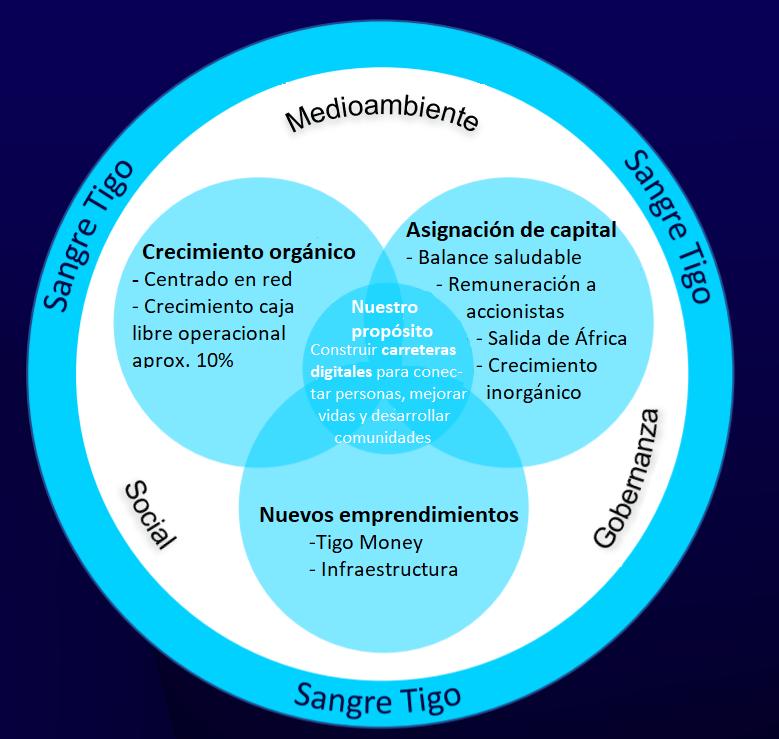Luxembourg-based operator Millicom is considering separating the mobile financial services and infrastructure businesses (Tigo Money) into two new companies.
Separate management of these units would open the door to new investors, company CEO Mauricio Ramos said at a conference.
In this way, it would follow the path that the Spanish Telefónica began with the separation of its own infrastructure unit, Telxius; and the Mexican group América Móvil, with the creation of Latin American Sites for the administration of its tower business.
Millicom manages some 9,000 telecommunications towers, 12 data centers and nearly 170,000km of fiber optics.
“We are working on separating these assets from our core in order to manage them independently. This will allow us to have the option of attracting business partners that allow us to monetize or help grow these businesses”, said Ramos.
The executive highlighted the investment the company is making in the mobile financial services business. The focus today is on building the work team and distribution networks. The business plan contemplates the geographical expansion of Tigo Money and the incorporation of new financial services such as insurance.

Ramos highlighted that there is a great opportunity for the mobile financial services business in the region, although he recognized that Colombia will be the most difficult market because it is where there is more competition in this segment.
The company recently announced the creation of a fintech hub in Panama. The announcement is part of a US$250 million investment in the country.
Asked about investors or buyers for the Tigo Money business, Ramos indicated that it is still a business that is taking its first steps and that "it is not yet time to think about who you are going to marry."
Source: Millicom; trans. by BNamericas
RESULTS
The next quarter will be an intensive phase of capital spending after a year in which the percentage of investments over sales was raised at 18%, above Millicom's historical average.
In June, the company had announced that it would increase between US$100 million and US$200 million the investment planned for the region for this year.
Millicom disbursed US$287 million in 3Q21, 30% more than 3Q20.
The investments were aimed at growing its network, modernizing infrastructure in Central America and advancing purchases of network equipment, especially decoders, with the aim of protecting itself against possible shortages and increased inflation in its markets.
Ramos explained that the increase in investments has resulted in double-digit annual growth in home business (13%), mobile (11%) and postpaid (19%).
The company announced an increase in service revenues of approximately 9% per year on average in Latin America, with higher growth in Costa Rica (12%), Nicaragua (15%) and El Salvador (18%).
Colombia was a market of great growth for Millicom, thanks to the acquisition of spectrum for 4G services, which allowed them to increase their population coverage. Millicom's operation in that country added 359,000 mobile clients, including 249,000 postpaid.
“Although the [average revenue per user] ARPU is lower, our cost of acquisition and our churn is lower, which means we are acquiring better quality clients,” Ramos said.
Millicom reported revenues of US$1,548 million in the region in the third quarter and an EBITDA of US$622 million, a figure that represents a year-on-year growth of 7.1%.
Without mining or Portezuelo, a company that produces wine is born in Malargüe
Goodbye to Carlos Marín: this is the heritage and fortune left by the singer of Il Divo
Record of women affiliated with Social Security, but temporary and with low salaries
Ceviche to Recoleta and croissants for officials: the bet of the workers of Villa 31 to sell outside the neighborhood